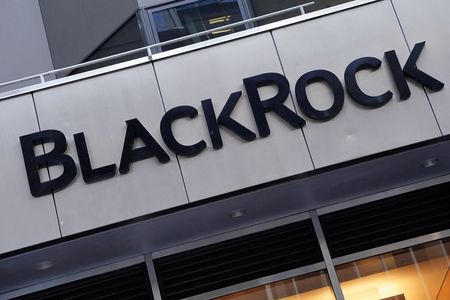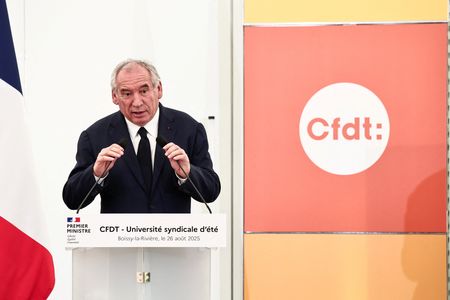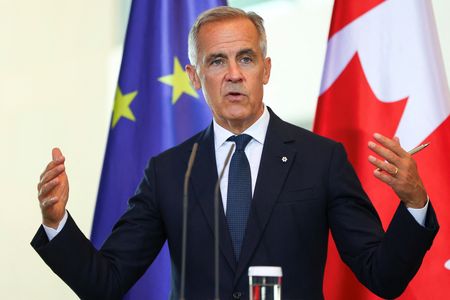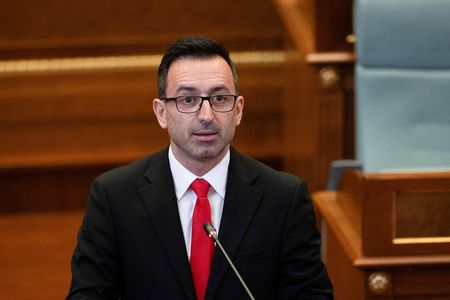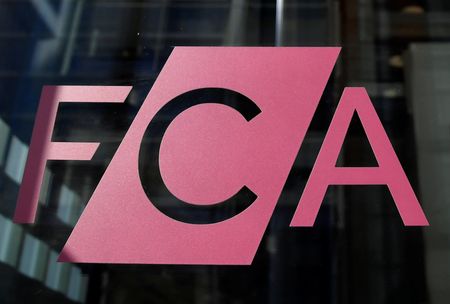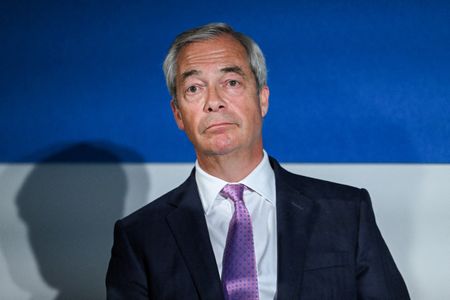BEVERLY HILLS, California (Reuters) – Pockets of the U.S. corporate debt market are flashing warning signs that a cooling economy is squeezing the most fragile borrowers, a BlackRock executive said, despite broader market hopes that the turbulence from tariffs has subsided.
Credit spreads – the premium investors demand to hold corporate debt rather than safer U.S. government bonds – spiked last month after President Donald Trump announced tariffs that sparked market volatility and fears of a sharp economic slowdown. But spreads have tightened in recent weeks, as the U.S. administration signaled a softer stance on tariffs and raised the possibility of imminent trade deals.
Still, some signs of the financial health of CCC-rated companies – the market’s riskiest borrowers – have deteriorated to the point that their earnings are not high enough to allow them to service their debt, said Amanda Lynam, head of macro credit research within the Portfolio Management Group at BlackRock, the world’s largest asset management firm.
“There are pockets that we are watching very carefully,” she told Reuters in an interview. “There are companies that have less of a financial cushion, and you have to tread more carefully, because if and when we see a downshift in economic activity, they could be more vulnerable.”
Lynam spoke to Reuters late on Monday on the sidelines of the Milken Institute Global Conference taking place this week in Beverly Hills, where Wall Street executives and company chiefs struck a better-than-feared tone on the U.S. economic outlook.
High-yield credit spreads widened to 461 basis points last month after Trump’s imposition of steep tariffs – their widest since early 2023, when turmoil in the regional banking sector rocked U.S. markets. They have since retreated and were last at 360 basis points, according to the ICE BofA US High Yield Index.
The retreat was partly due to renewed market optimism on the U.S. economy and its ability to withstand policy uncertainty, said Lynam. Also, several investors had long been waiting for corporate debt valuations to drop as an opportunity to add exposure more cheaply, she said.
“There’s a lot of money on the sidelines and a lot of investors share, I think, a common view that fundamentals are pretty good, and want to wait for a decent entry point. When you have those periods of widening, (spreads) snap back quickly because that money is getting deployed,” she said.
Still, valuations in credit markets could be impacted by a “more challenging growth and inflation backdrop,” she said, with Trump’s trade policies seen as key in determining the economic outlook. “What this all boils down to is growth,” said Lynam.
Separately, Purnima Puri, a governing partner at HPS Investment Partners, a credit investment firm, said on Tuesday the recent retrenchment in credit spreads was unlikely to last.
BlackRock announced late last year that it planned to buy HPS for about $12 billion.
“When we’re looking at the market and tariffs and trade and inflation and then growth … we don’t think that the spread retrenchment is sustainable,” she said on stage at the Milken event on Tuesday.
(This story has been republished to remove an outdated image, with no changes to text)
(Reporting by Davide Barbuscia; Editing by Leslie Adler)

